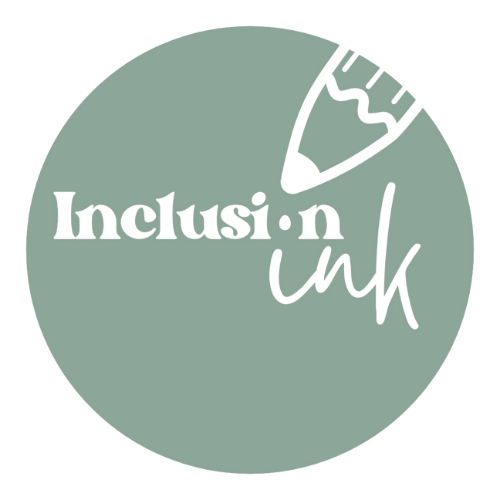Siblings + Special Needs
I sat down with our 11-year-old son, Eli, a few days ago and told him I wanted to chat about having siblings with special needs. He was super pumped about it because, like his mother, he loves to be interviewed and filmed. We set up our little interview spot, and while some of his answers were expected, others hit me like a gut punch and truly rocked me to my core.
Most of us grew up with siblings, experiencing the usual dynamics of older sister/younger sister/middle child syndrome. But what happens when you add special needs into the mix? Growing up, none of my friends had siblings with special needs. Every book I read, blog I followed, or advice from social workers and hospital therapists was helpful, but nothing could fully prepare me for parenting in this unique dynamic.
Eli, our middle son, is 11. He was born into a family already dealing with special needs, and then we welcomed his baby sister. As a toddler, Eli was definitely my hardest kid. It took a lot of self-reflection to understand why. Obviously, as a middle child, he was fighting for attention, but he was also lacking role models. His older brother, Sam, would have epic meltdowns, and we would pause everything to take care of him. That has to affect a kid deeply. In our interview, Eli even used the term PTSD. I'll be honest, I was surprised he knew what that word meant, but he was spot on. He told me he often worries that he isn't normal like his friends. When I asked him to elaborate, he said none of his friends had to grow up with constant yelling and screaming or being scared of their brother. “I try to be happy and have fun," he said, "but it isn't really easy for me.”
Jack, Sam's twin brother, surprised me quite a bit. I expected him to talk more about how Sam is “so embarrassing” or how he gets annoyed that he's expected to do more around the house than his twin brother. And while he did talk about both of those things, he also brought up how much time he spent as a kid going to all of Sam's appointments. I was fascinated that he remembers that time in his life - but it made up nearly his entire childhood. With Sam's medical diagnoses, he had therapy for hours a day. When Autism was added to his list of diagnoses, we added on even more therapy. Jack, unfortunately, was along for the ride. We couldn't afford babysitters that often, and I had to quit my job to attend to all of Sam's needs. It affected everything.
Having an older autistic brother has profoundly impacted our family dynamic. Both Eli and Jack suffer from embarrassment and rarely want to have friends over. When they are frustrated, their coping tools often go out the window, leading to age-inappropriate behaviors as they seek attention. They love their brother deeply, but his presence undeniably makes life more complicated. It's a constant balancing act of managing Sam's needs while ensuring Eli, Jack, and Claire don't feel neglected.
I then asked Eli to compare having a brother with ASD to having a sister with Down syndrome. He got a huge grin on his face. “It's pretty special," he said. "We have this special bond, I guess? She looks for me almost as much as she looks for you, Mom.”
Because of my involvement with the special-needs community in our town, I've met several people who have siblings with special needs. Interestingly, almost every one of them has had their futures shaped by their siblings. One friend's brother has Down syndrome, and she became an occupational therapist. Another's sister had a heart defect, leading her brother to become a cardiac surgeon. They told me they never would have chosen those career paths if not for their siblings' special needs.
It's fascinating how a childhood so different from their peers can ultimately shape their futures. Eli and Jack's experiences, though challenging, are molding them into compassionate, resilient individuals. Their journey, while complex, is also filled with unique bonds and love that only they can understand.
Siblings of special needs individuals model the best ways to include and support them. By naturally incorporating their siblings into everyday activities, they show their peers the importance of inclusion and empathy. Eli and Jack, despite the challenges, demonstrate the value of patience, understanding, and unconditional love. Their experiences are not only shaping their futures but also setting an example for others on how to embrace and celebrate differences.
